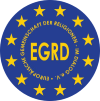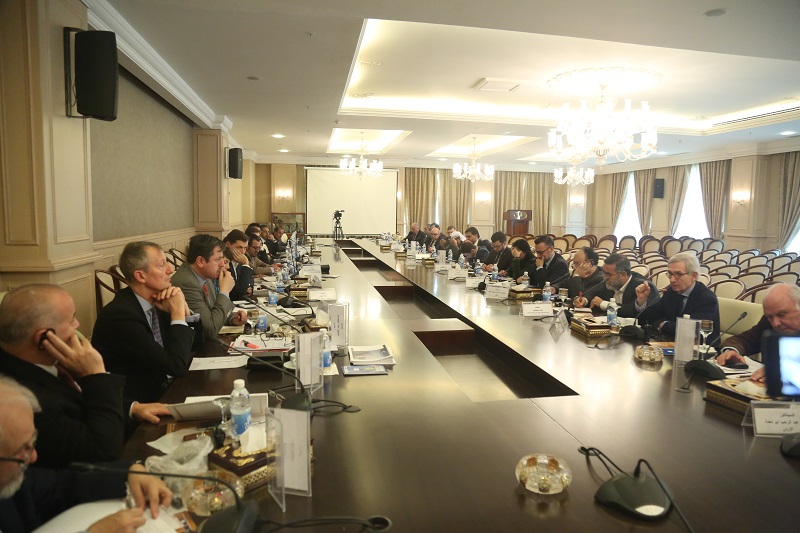During the first day of the conference, a distinguished group of experts will discuss the rising role of armed non-state and para-state actors across the Middle East, focusing specifically on the long-term implications for Iraq’s stability.
By revisiting the domestic root causes as well as the regional and transnational dynamics, which have accelerated these players’ ascent to power, the experts will aim to identify efficient policy approaches meant to restore the state’s monopoly on the legitimate use of force. In view of the recent critical developments in Iraq and the increased pressure on Prime Minister Al-Kadhimi’s administration to contain the malign influence of radical militias, the European Association for Inter-Faith Dialogue and the EU-Arab Centre for Development and Dialogue recognise the importance of developing a functional road map, which can pave the path towards peaceful de-escalation and gradual resolution of the conflict.
The experts will engage in an open debate on the organisational rationale and ultimate vision adopted by these armed factions, some of which have successfully integrated part of their forces within the state-sanctioned Popular Mobilisation Units (PMU), known also as al-hashd al-sha‘bi. In order to understand the attractiveness and instrumental value of the PMU for these armed factions, one has to remind of the enormous symbolic capital of the paramilitary institution, whose numerous sacrifices on the ground have undeniably contributed to the counter-terrorism campaign against the self-proclaimed Islamic State (IS). Considering that the PMU has been recognised by law as an integral and yet – independent component of the Iraqi security forces, registering brigades with the PMU Commission has enabled some of these resistance-leaning factions to take advantage of the legality bestowed upon the PMU. Nevertheless, this strategic act of embedding themselves within the state apparatus has by no means prevented these armed elements from orchestrating covert operations and advocating for attacks on US troops deployed in the country. Their narrative and provocative statements have often raised the question regarding their doctrinal loyalty and their vocal allegiance to the Islamic Republic of Iran.
By tapping into the historical knowledge and practical experiences of the carefully selected participants, the workshop seeks to identify implementable solutions to the looming legitimacy crisis and prevent Iraq from turning into another battlefield for rival geopolitical blocs. In the course of the workshop, participants will elaborate on the entrenchment of these hybrid actors within the Iraqi political landscape – often with the official endorsement of state authorities. Acknowledging the licit and illicit involvement of these actors in acts of service provision, the workshop participants will also draft concrete measures designed to tackle the governance vacuum in areas of limited statehood by improving basic security and justice delivery.
Last but not least, the workshop is envisioned as a platform for a candid dialogue on how to safeguard Iraq’s national interests without inviting an ill-timed violent escalation, which could have negative spill-over effects both for the immediate neighbourhood as well as for Iraq’s international partners and their presence in the region. Any recommendations discussed within the framework of the workshop will be seen as a stepping stone for further exchange with Iraqi decision-makers and government representatives, who will be invited to comment on the feasibility of the presented ideas.

 English
English  German
German 

